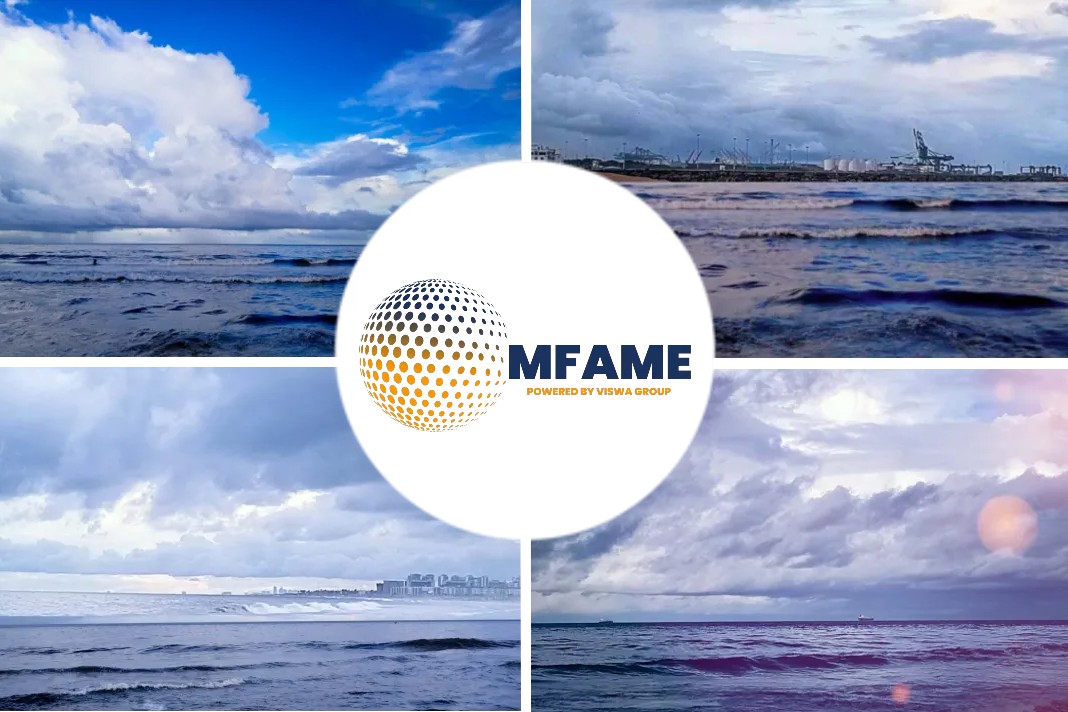The Oil Companies International Marine Forum (OCIMF) issues Static Towing Assembly Guidelines, says an article published in Safety4Sea.
Technical guidance
OCIMF issued guidelines concerning static towing assembly. The report provides technical guidance on selecting fit for purpose towing assemblies that reduce injury risks to crewmembers or damage to equipment, while boost the effectiveness of static towing operations.
According to OCIMF, the report supplements the Guidelines to Offshore Tanker Operations (GOTO) and should be read along with the relevant guidance for static towing operations.
Specifically, the guidelines focuses on the technical factors that tug operators should keep in mind, in collaboration with terminal operators, when selecting the components of towing assemblies for static towing operations at both Single Point Mooring (SPM) and Floating (Production) Storage and Offloading(F(P)SO) terminals.
OCIMF noted:
“This study had pre-determined inputs, which do not represent all the variables found in static towing operations. Variables include tug size, constant pull or on‑demand pull, tanker size, equipment specifications and environmental conditions. Therefore, it is recommended that operators carry out their own due diligence when designing a towing assembly.”
Static towing operations
Moreover, the Marine Forum does not recommend using ship’s lines in static towing operations, as the guidance applies to dedicated, fit-for-purpose towing assemblies.
As OCIMF explained:
“There is no international standard or, until now, any industry best practice guidance on static towing assemblies. Assembly configurations and compositions vary considerably across the industry and are usually selected based on operational experience. However, existing static towing assembly designs are rarely supported by technical studies.”
For more information click here.
Did you subscribe to our daily newsletter?
It’s Free! Click here to Subscribe!
Source: Safety4Sea
















